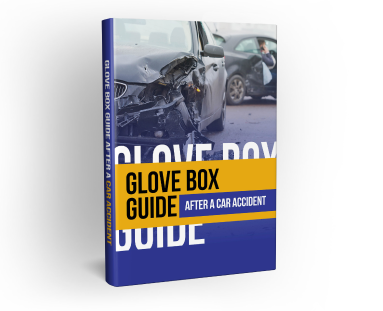Welcome to Our Blog

Reckless driving elevates a simple traffic offense into a serious crime that can result in jail time, substantial fines, and long-term consequences for your driving record and insurance premiums. When someone’s reckless actions cause a crash and injure others, justice demands they be held responsible for the harm they’ve caused.

If you were hurt in a car crash in New York, it is important to understand how the state’s no-fault insurance system works. Under this system, your own insurance covers medical expenses and lost wages regardless of who caused the crash. This means you can receive help right away without

After a crash, you trust that the other driver’s insurance will take care of your injuries. Then reality sets in: the coverage barely makes a dent in your growing medical bills or lost income. It’s frustrating and feels deeply unfair. When another driver’s insurance falls short, you may still have
We are proud to share that our firm, Finz & Finz, P.C., secured a $40 million verdict from a Nassau County jury on behalf of a man who suffered life-altering paralysis after two Long Island hospitals failed to properly treat his stroke. Hospitals Found Negligent in Failing to Treat Stroke

When potholes swallow your tire on the FDR Drive or construction plates send your car sliding on Atlantic Avenue, determining liability becomes complex. Multiple government agencies, contractors, and property owners may share responsibility for road hazards, but strict notice requirements and tight deadlines can bar your claim entirely. Municipal laws,

After a truck accident, taking specific actions protects your health and your legal rights. The days following a collision with a commercial truck in New York are pivotal for a future claim. A truck accident attorney provides the guidance to handle interactions with insurance companies and pursue a fair resolution.

In many situations, your landlord is responsible if you get hurt on their property. This responsibility arises when your injury results from your landlord’s negligence in maintaining a safe environment. A premises liability attorney helps you analyze the situation, gather evidence, and pursue the compensation you need to recover from

Most personal injury lawyers cost you nothing in upfront fees to handle your case. They use a payment structure called a contingency fee agreement. This arrangement means the lawyer’s fee is a percentage of the compensation they recover for you, and you only pay them if you win your case.

You can sue New York City if you were hit by a city bus, but it requires following strict legal procedures that differ from a standard personal injury claim. You have a very short window to file a formal Notice of Claim with the correct government agency before you can

Recognizing the signs of nursing home abuse involves careful observation of physical injuries, emotional and behavioral shifts, environmental red flags, and financial irregularities. A change in your loved one’s condition doesn’t always point to mistreatment, but certain patterns are serious warning signs that demand attention. A nursing home abuse lawyer




























